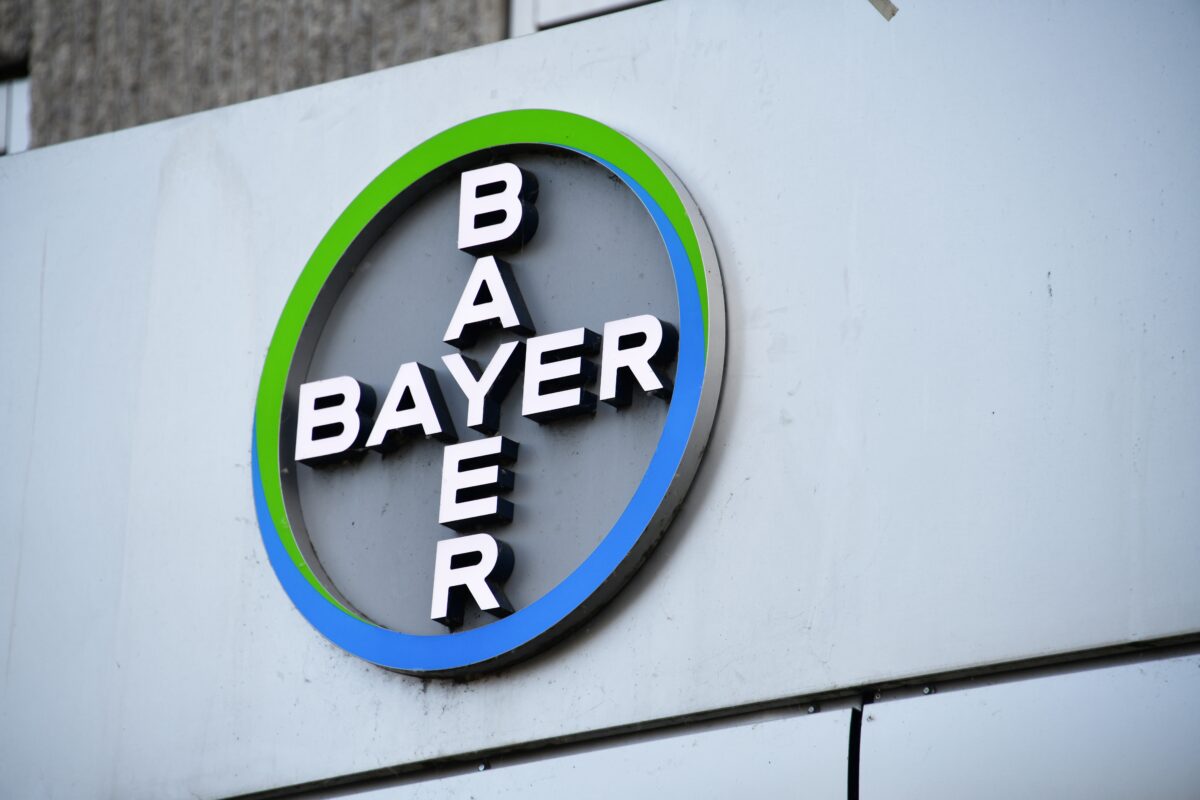Novartis and Voyager Therapeutics have struck a licensing deal that will see Novartis pay Voyager $100 million upfront to develop gene therapy candidates targeting Huntington’s disease (HD) and spinal muscular atrophy (SMA).
The total value of the deal could potentially reach $1.2 billion with preclinical, development, regulatory and sales milestones. The agreement also includes a $20 million equity purchase in Voyager.
The agreement involves Novartis gaining access to Voyager’s proprietary capsid technology and other intellectual property to develop the gene therapies. The collaboration builds upon the companies’ prior work together since March 2022, with Novartis further investing in the research and development of treatments for the neurological disorders.
Through the licensing deal, Novartis will gain access to Voyager’s CAPSID discovery platform, an RNA-based screening platform designed to facilitate the rapid discovery of experimental gene therapies. As part of the Capsid License Agreement, Voyager would be eligible for milestone payments and tiered royalties on global sales of products developed with the platform.
Voyager’s shares rose by more than 30 percent on Tuesday after the announcement.
XTALKS WEBINAR: Cryopreservation Best Practices for Cell & Gene Therapy Source Material
Live and On-Demand: Monday, January 22, 2024, at 11am EST (4pm GMT/UK)
Register for this free webinar to learn about cryopreservation, a vital step in the manufacturing of today’s cell and gene therapies.
Voyager’s CAPSID discovery platform employs an RNA-based screening method to identify adeno-associated virus (AAV) capsids with a high affinity for the central nervous system and the ability to cross the blood-brain barrier.
Voyager will provide Novartis a target-exclusive license to access Voyager’s TRACER capsids and other intellectual property. The two will also collaborate to advance a preclinical gene therapy candidate for HD, Voyager said in a news release.
“We are thrilled to expand our existing relationship with Novartis, a global leader in the gene therapy field,” said Alfred W. Sandrock, Jr., MD, PhD, CEO of Voyager.
“Combining the proven capabilities of Novartis in gene therapy development and commercialization with Voyager’s next-generation TRACER capsids and payloads could enable the advancement of important new therapies for patients.”
Voyager said Novartis will obtain target-exclusive access to Voyager’s TRACER capsids for SMA for the duration of the agreement and “will be responsible for all development and commercialization.”
Related: Life Science Trends to Look Out for in 2024
For the HD program, Novartis will receive worldwide rights to Voyager’s AAV gene therapy for HD, using Voyager’s TRACER capsids and proprietary payloads for its development. While Voyager will be responsible for the preclinical advancement of the therapy, Novartis will handle all of the clinical development and commercialization for the HD program.
“We believe Voyager’s TRACER capsids hold promise for enabling next-generation gene therapies for diseases of the central nervous system,” Fiona Marshall, president of biomedical research at Novartis, said in a statement. The company said the agreement synergizes well with the pharma’s expertise in neuroscience and gene therapies.
The latest capsid agreement builds on Novartis and Voyager’s capsid partnership, which took off with a license option agreement in March 2022. As part of that deal, the Swiss pharmaceutical company exercised options to license three capsids from Voyager for developing gene therapies targeting neurological disorders, with an additional option for two more targets.
By March 2023, Novartis committed $25 million upfront, with the potential for an additional $600 million in contingent payments, to exercise its rights for two neurologic targets, the specifics of which remain undisclosed.












Join or login to leave a comment
JOIN LOGIN